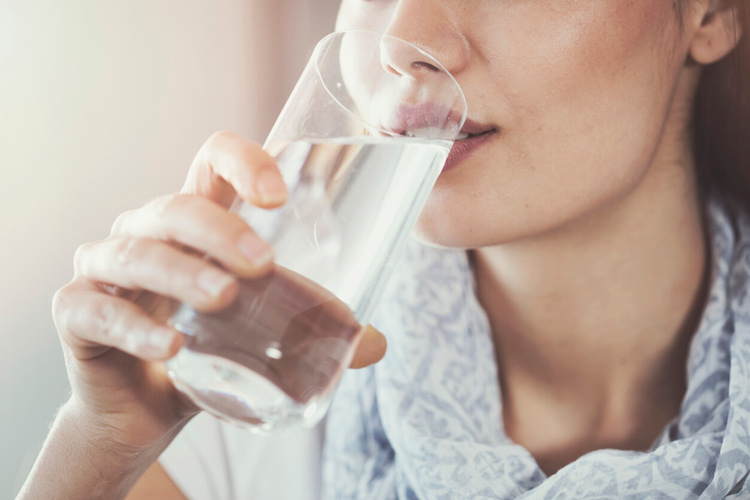4 Health Dangers of Chlorine in Water

Water has always been a precious commodity. Without it, there may be no life at all. That’s why you must check the quality of the water you consume. Part of this is checking the levels of chlorine in water in your home. The highest quality water is healthy for drinking and other uses.
Chlorine is often used to treat water and make it safe for drinking. Most municipalities use it to keep your tap water free of bacteria or any other harmful organisms. However, too much of anything is poisonous and the same applies to chlorine in the water. Out of the 71 percent of people who consume tap water, at least 69 percent worry over its quality. Well, if that statistic speaks of you, then you have the right to worry. If not reduced, these hazardously high levels of chlorine do reach our taps. And the health hazard it poses is certainly no joke. Read on to find out more.
Dangers of chlorine in water on your health
Although most water plants ensure that their chlorine treatments are diluted and will pose no harm to you or your family, that may not always be the case. Trihalomethanes (THMs) like chloroform may form when other small organic particles in water react with chlorine. While chlorine on its own is not dangerous to your health, these compounds are. They can affect your health adversely in numerous ways. That includes:
Bladder and rectal cancer
It’s the most common health effect of consuming the THM byproducts in treated water. Annually, more than 5000 reported cases of bladder cancer and even more cases of rectal cancer are due to this. Although more research is underway, a few studies prove that this is a real threat to many people who drink tap water.
Congenital abnormalities
The likelihood of a pregnant woman exposed to THMs in chlorine-treated water giving birth to kids with congenital abnormalities is insanely high. Some of these abnormalities include poor brain development, holes in the heart, or a cleft palate.
Food allergies
Dichlorophenols used in water chlorination may also cause food allergies. Although the published studies show the effect of these compounds from pesticides rather than tap water, the effect is generally the same. The higher the levels of these compounds you have in your body, the likelier you are to have numerous food allergies.
Asthma
One of the most obvious applications of chlorine in water is its use in swimming pools to keep the water safe. Apart from the more obvious swimmers’ green hair, there are also health implications. One of them is exercise-induced asthma. Additionally, if you have any respiratory issues, inhaling the chlorine in your swimming pool may worsen your symptoms. Even if you had no asthma symptoms initially, there are high chances of you developing them. Moreover, you don’t have to be swimming to get these symptoms. When you shower in chlorinated water, you can end up inhaling the chlorinated steam or absorbing it through your skin.
Can a water softener help remove chlorine?
Now that you know all the dangers of chlorine in water, it’s time to find a solution—a water softener. Although a water softener’s primary function is not to remove chlorine from your water, it still can. If you live in places with extremely hard water full of minerals like calcium, iron, and magnesium, then you certainly need a water softener.
A water softener can remove chlorine from your water, but you still need to use it alongside another filtration system for utmost effectiveness and efficiency. Some common filtration systems to use with your softener include whole-house filters and reverse osmosis systems. You can also use an all-in-one softener and filter system. These ensure that you get the highest quality purified water, which passed through numerous stages of filtration.
Final thoughts
Chlorine is important for disinfecting our water, but it also poses its dangers. You can ensure the safety of your family by using the best water softeners and filters. Even if you believe your water is safe but don’t like the taste and smell of chlorinated water, a water softener can help. Contact Passaic Bergen Water Softening to request a free water test and consultation. We guarantee that you will get the best service regarding your water treatment needs.



